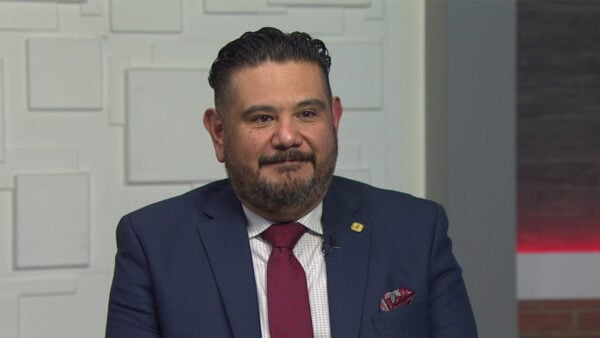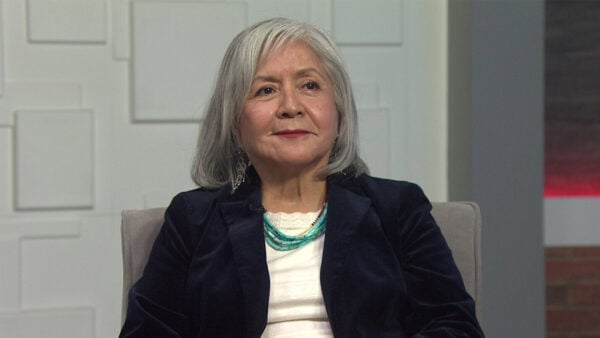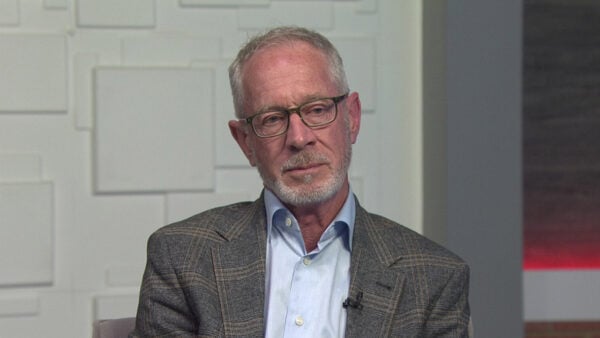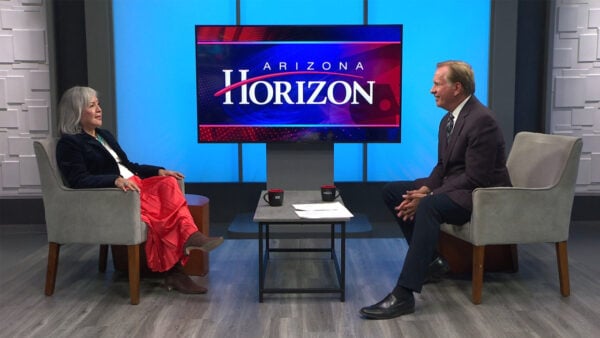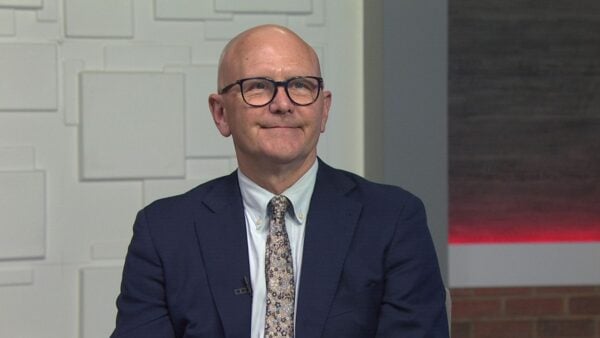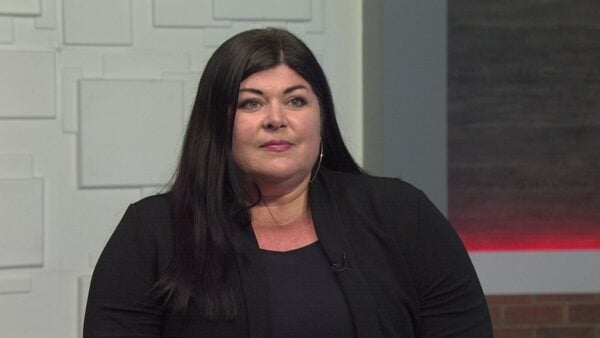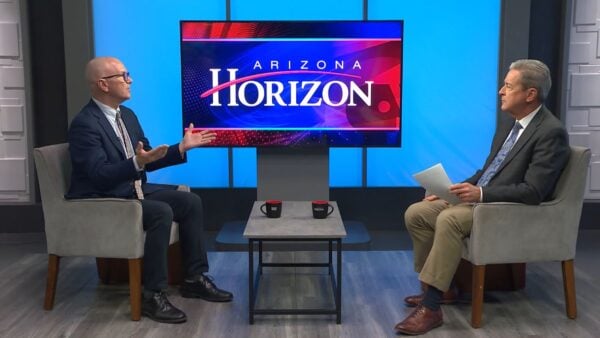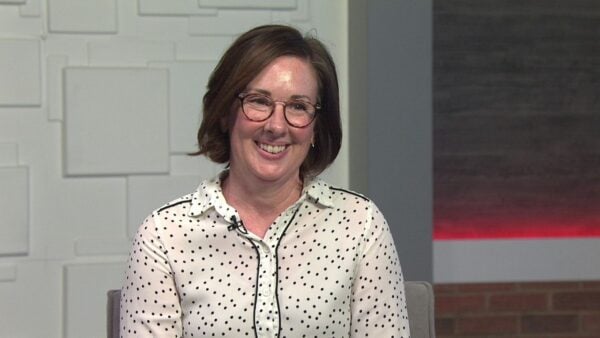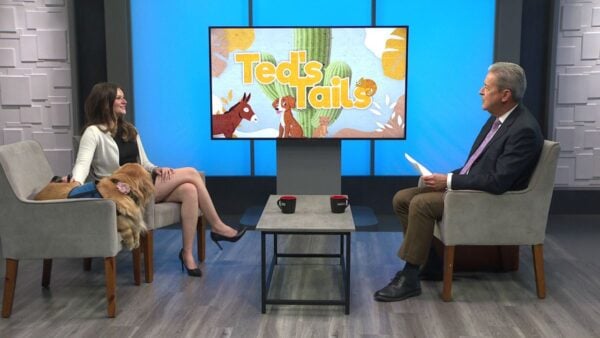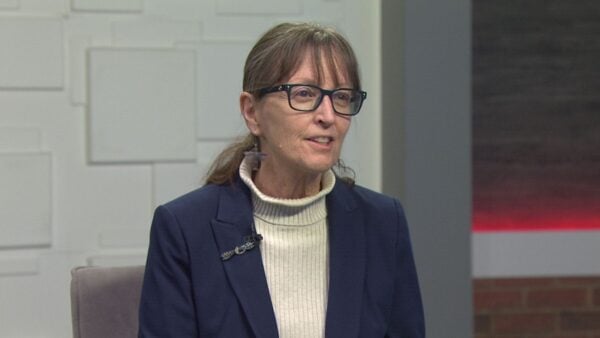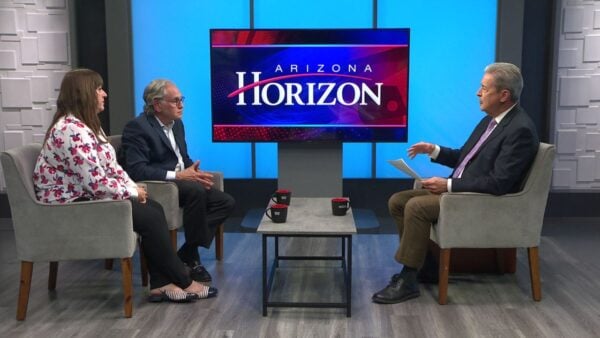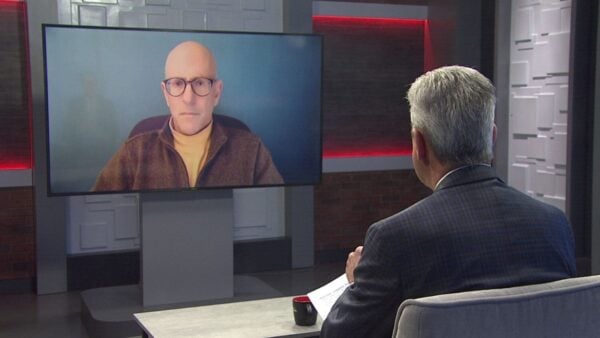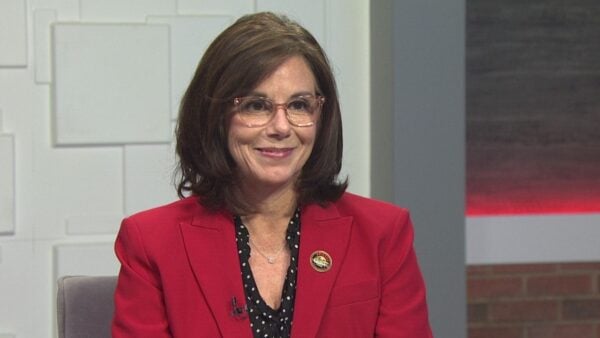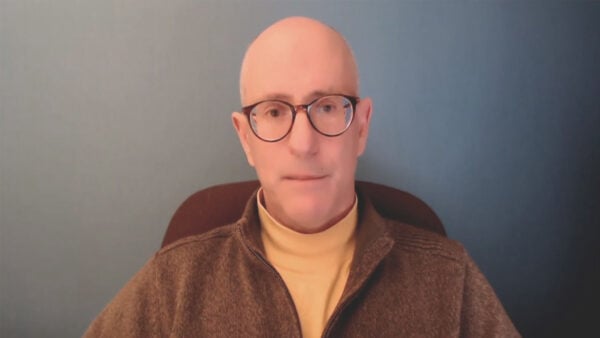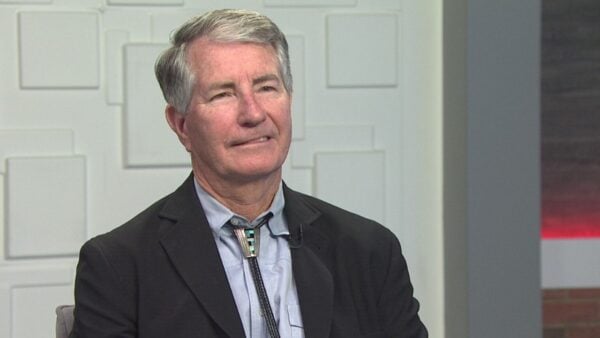Researchers use environmental data to track valley fever
April 24, 2025
Researchers with the Health Observatory are using environmental data to help doctors better diagnose and prevent the spread of valley fever. Valley fever usually causes flu-like symptoms, fatigue and rashes. Severe cases can lead to hospitalization.
In 2023, those hospitalizations cost Arizonans $73.9 million, and the illness caused 73 deaths. Valley fever is caused by fungus spores in the air. Contrary to popular belief, the team did not find an increase in airborne spores after dust storms.
They did find an increase in spores on hotter, drier days with high wind speeds. They also found that spores were not evenly spread throughout the Valley.
Dr. David Engelthaler, Executive Director of the Health Observatory for ASU Health, joined “Arizona Horizon” to share more.
The Health Observatory is part of ASU’s new medical school and public health school, however it is also “building a new asset for the state of Arizona.” According to Dr. Engelthaler, the observatory transforms health data into health knowledge.
Regarding valley fever, it is specific to Arizona, therefore a lot of people are exposed to it, however not everyone falls ill from it, according to Dr. Engelthaler.
“Arizona’s institutions, like ASU, like TGen, have been working and building diagnostics, so there are diagnostic tests out there, but what we’re trying to do is make them faster and cheaper and smarter, so both genomic-based as well as blood-based tests,” Dr. Engelthaler said.
Oftentimes, valley fever is diagnosed as pneumonia, which is due to the many times those patients are not tested for valley fever. The process of diagnosing the illness will include more advanced technology such as AI, according to Dr. Engelthaler.
“The Health Observatory, maybe the most important thing is, we’re all searching for a trusted source of health information that wasn’t the government, and maybe it wasn’t the big vaccine companies. We want to build that for Arizona, where we work for all of our health partners but get real, useful knowledge out,” Dr. Engelthaler said.





